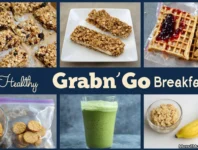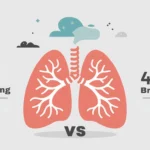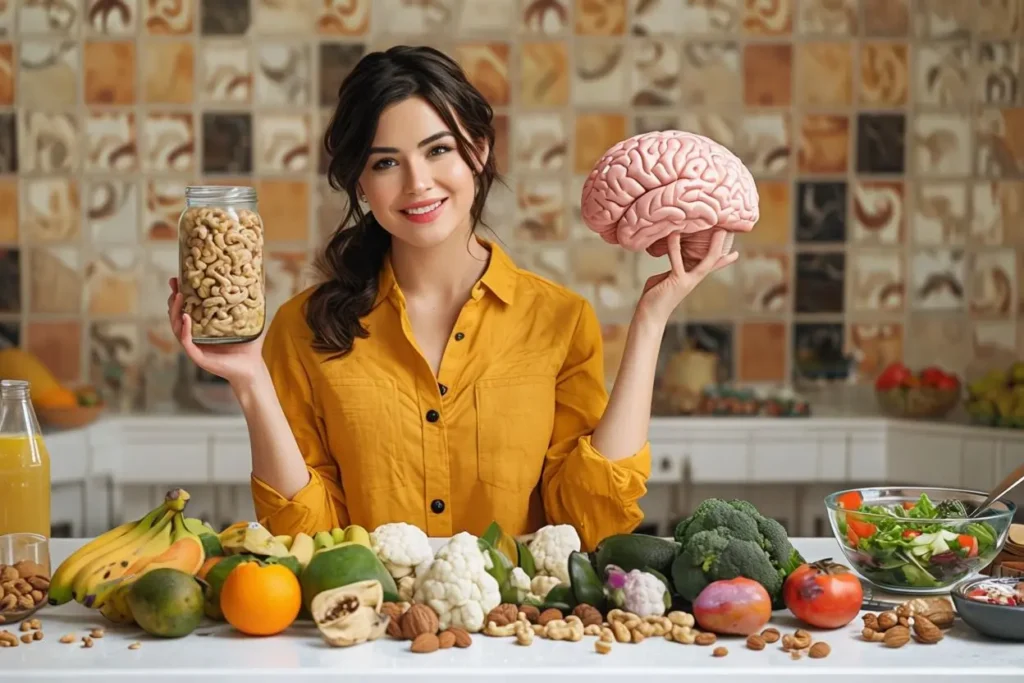
Introduction
When it comes to studying or working efficiently, your brain needs fuel—just like your body. The right foods can significantly enhance your focus, memory, and mental clarity. For students, professionals, and parents looking to support learning or optimize productivity, incorporating brain-friendly foods into your diet is essential. Let’s dive deep into the best brain foods, their benefits, and practical tips to incorporate them into your routine.
Why Brain Foods Matter
Your brain is an energy-intensive organ, using about 20% of the body’s total energy. Just like a car needs the right fuel to run smoothly, your brain requires specific nutrients to function optimally. Foods rich in antioxidants, healthy fats, vitamins, and minerals nourish the brain and protect it from oxidative stress, inflammation, and energy crashes.
By choosing the right foods, you can boost cognitive function, memory retention, and focus—a game-changer for both students and professionals.
Top Brain Foods for Studying
1. Blueberries: The Memory Boosters
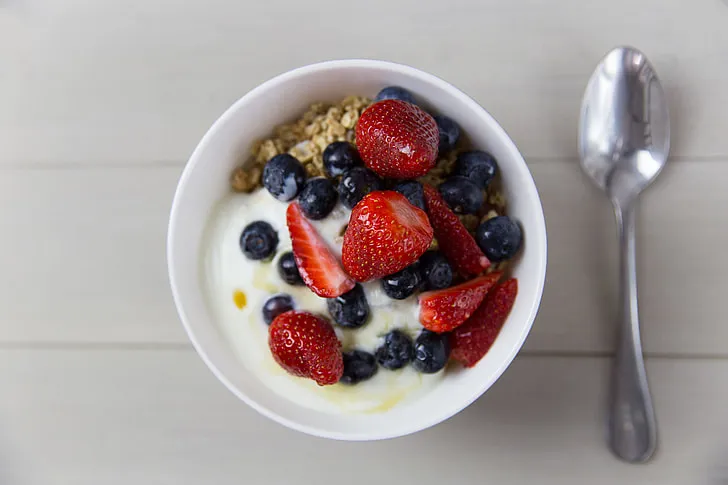
- Why they’re good for your brain: Blueberries are rich in antioxidants like flavonoids that protect brain cells from damage and enhance communication between neurons. Research shows they can improve memory and delay cognitive decline.
- How to eat them:
Enjoy fresh blueberries as a snack, toss them into smoothies, or sprinkle them on yogurt or oatmeal. Shop for fresh and frozen blueberries on Amazon.
2. Walnuts and Seeds: The Brain’s Best Friend
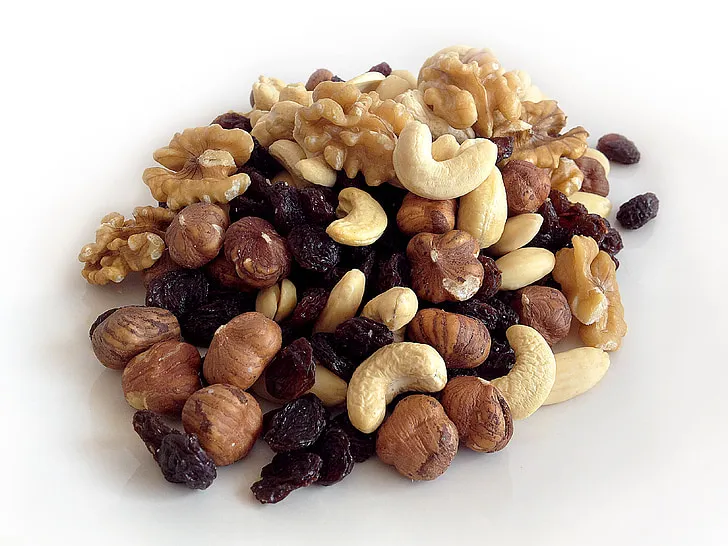
- Why they’re good for your brain:
Walnuts, flaxseeds, and pumpkin seeds are packed with omega-3 fatty acids, antioxidants, and magnesium. These nutrients reduce inflammation, improve memory, and support overall brain health. - How to eat them:
Snack on a handful of walnuts or mix seeds into salads and smoothies. Grab premium walnuts and mixed seeds from Amazon.
3. Dark Chocolate: The Focus Enhancer
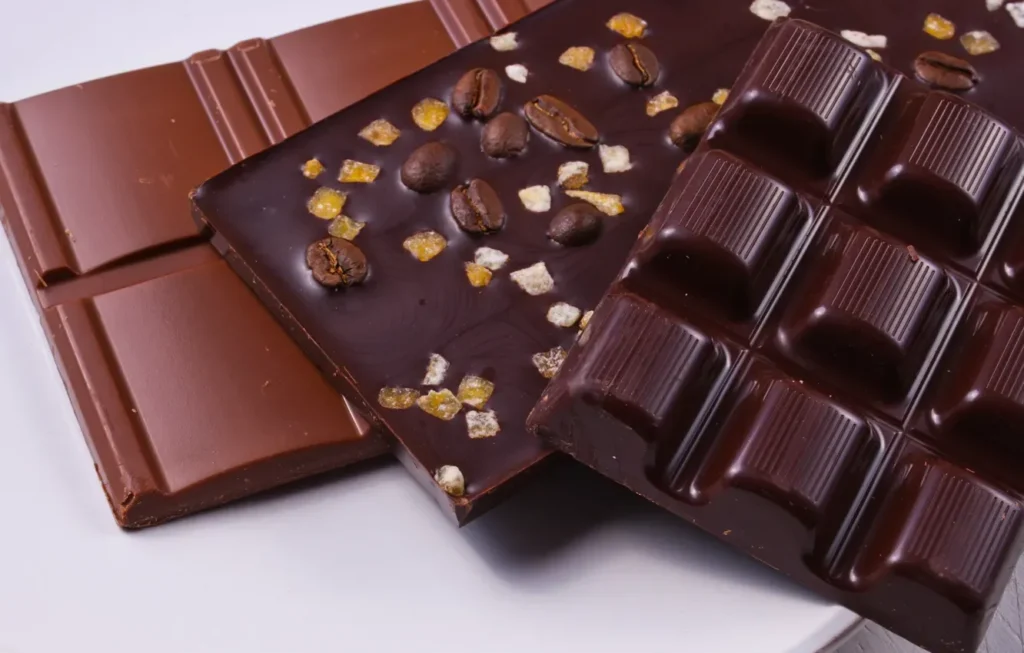
- Why it’s good for your brain:
Dark chocolate is rich in flavonoids that improve blood flow to the brain, enhance focus, and reduce stress. It also triggers the release of endorphins, creating feelings of happiness. - How to eat it:
Nibble on a small square of dark chocolate or add cocoa powder to your smoothie. Find high-quality dark chocolate options on Amazon.
4. Coffee: The Mental Booster

- Why it’s good for your brain:
Fish like salmon, mackerel, and tuna are loaded with omega-3 fatty acids, crucial for brain health. Omega-3s help improve memory, reduce brain fog, and enhance mood. - How to eat it:
Grill, bake, or poach fish and pair it with vegetables.
5. Eggs: The Memory Vitamins
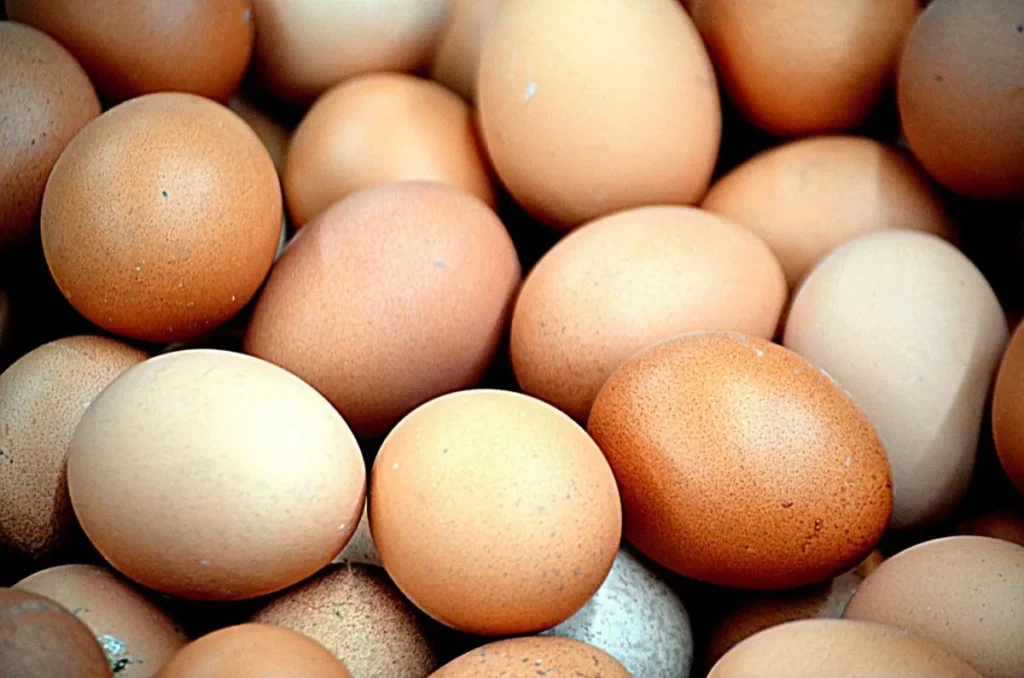
- Why they’re good for your brain:
Eggs are rich in choline, a nutrient that helps produce acetylcholine—a neurotransmitter critical for memory and learning. They also provide B vitamins, which reduce brain inflammation. - How to eat them:
Enjoy eggs scrambled, poached, or boiled. Stock up on organic eggs from Amazon.
6. Water: The Essential Energizer

- Why they’re good for your brain:
Spinach, kale, and broccoli are packed with brain-boosting nutrients like vitamin K, lutein, and folate. These help slow cognitive decline and improve mental alertness. - How to eat them:
Use them in salads, smoothies, or sautéed dishes.
7. Fatty Fish: The Omega-3 King

- Why it’s good for your brain:
Coffee improves focus and mood by increasing dopamine production. It also contains antioxidants that protect brain cells. - How to drink it:
Enjoy it black or with a splash of plant-based milk. Order premium coffee beans on Amazon.
8. Yogurt: The Gut-Health Guardian
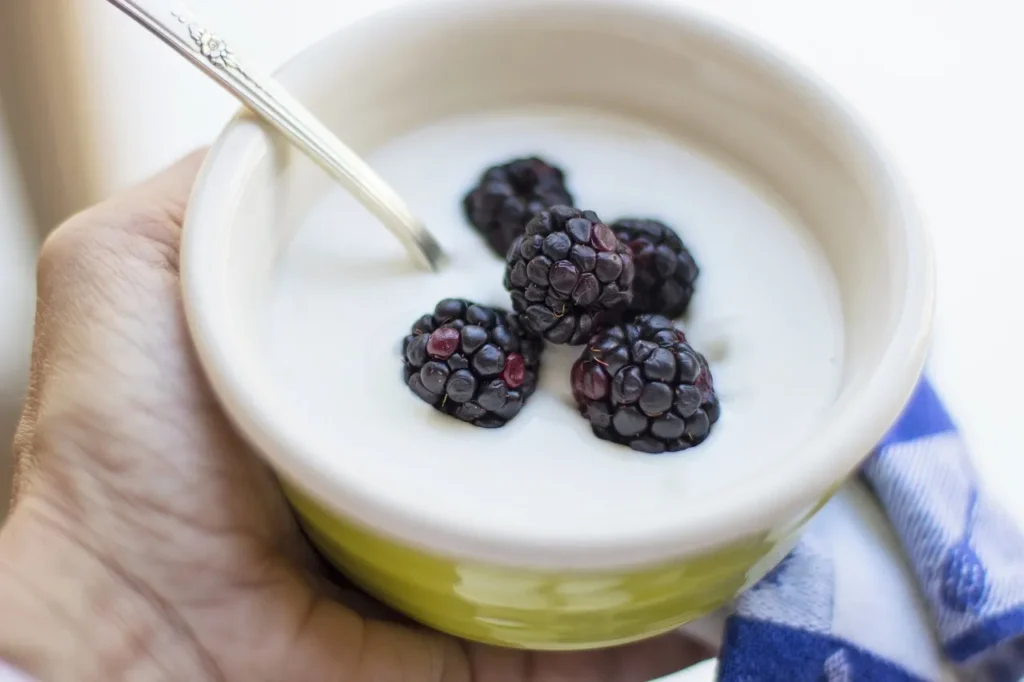
- Why it’s good for your brain:
Yogurt is rich in probiotics, which improve gut health—a critical factor in mental well-being. A healthy gut promotes better brain function and reduces stress. - How to eat it:
Top plain yogurt with nuts, seeds, or fruits. Shop for probiotic-rich yogurt on Amazon.

Tips for Eating Healthy While Studying
- Plan your meals: Plan your meals to avoid unhealthy snacking.
- Cook your meals: Cooking your own meals allows you to control the ingredients and portion sizes.
- Pack healthy snacks: Keep healthy snacks on hand, such as fruits, nuts, and yogurt.
- Stay hydrated: Drink plenty of water throughout the day.
- Limit processed foods and sugary drinks: These foods can lead to energy crashes and poor concentration.
Foods to Avoid While Studying
While brain foods are essential, certain foods can hinder your performance:
- High-sugar snacks: They cause energy spikes followed by crashes.
- Processed foods: These often lack essential nutrients.
- Excess caffeine: Too much can lead to jitters and anxiety.
Practical Tips for Incorporating Brain Foods
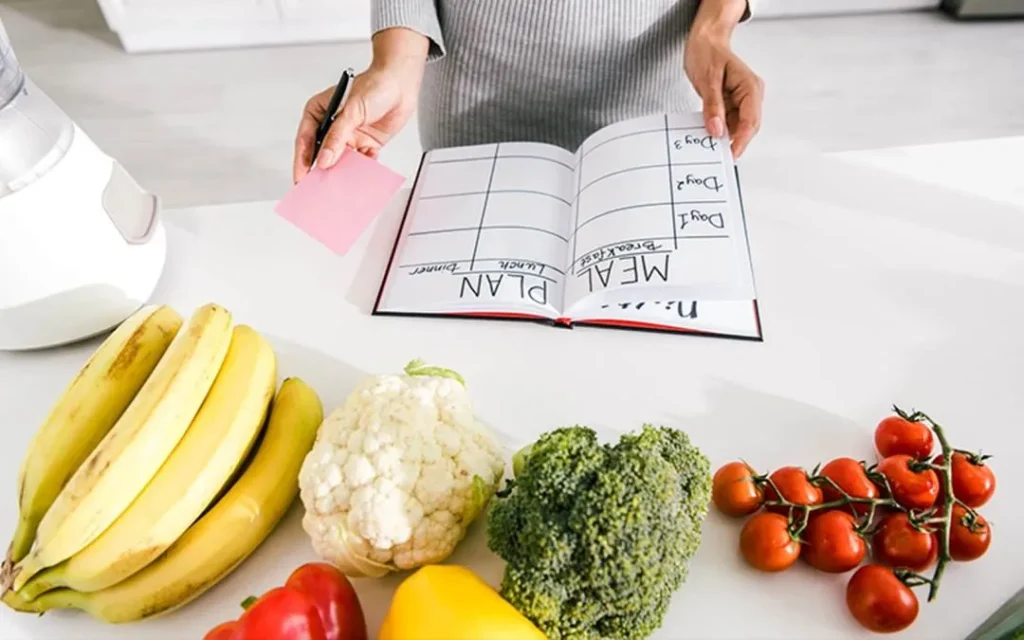
Plan Balanced Meals
Combine proteins, healthy fats, and complex carbs in each meal to sustain energy levels and focus throughout the day.
Prep Healthy Snacks
Keep brain-boosting snacks like walnuts, blueberries, and dark chocolate readily available for study breaks.
Hydrate Regularly
Even mild dehydration can impair focus. Pair your brain foods with plenty of water or herbal teas.
Experiment with Smoothies
Blend leafy greens, berries, and yogurt for a quick and nutrient-packed brain-boosting drink.
What to Avoid
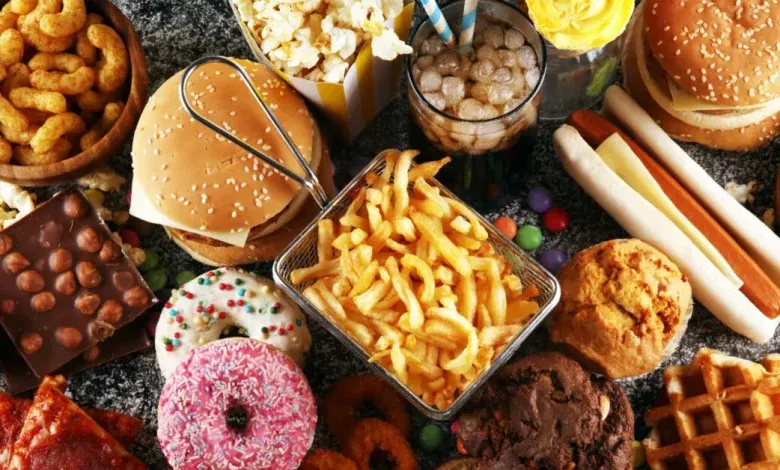
Credit: www.iasexam.com
While brain foods are essential, avoid these distractions:
- High-sugar snacks that cause energy crashes.
- Processed foods with low nutritional value.
- Excess caffeine can lead to jitters and anxiety.
Sample Daily Brain Food Menu
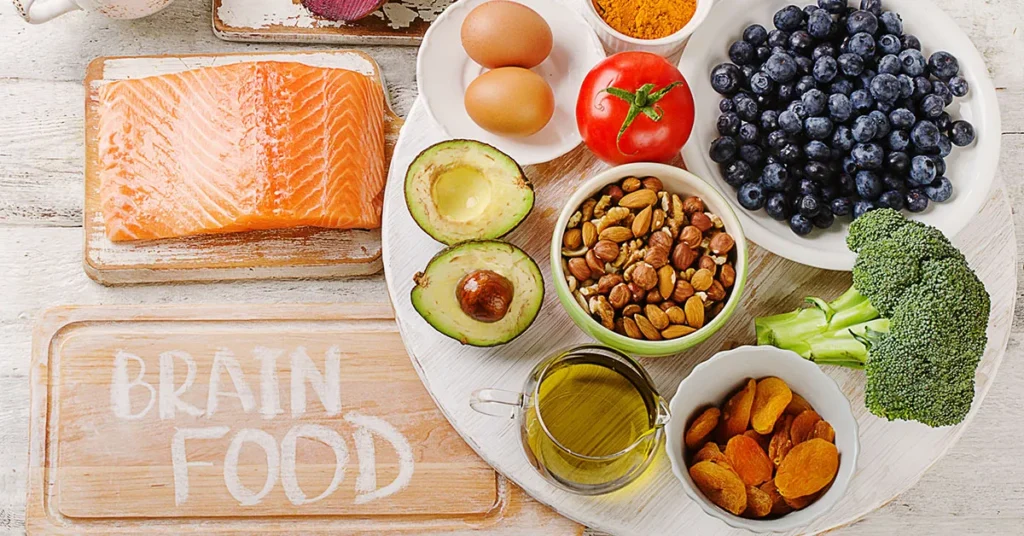
Credit: regionalneurological.com
Breakfast:
- Scrambled eggs on whole-grain toast with avocado slices.
- A side of fresh blueberries.
Snack:
- A handful of walnuts and pumpkin seeds.
Lunch:
- Grilled salmon salad with spinach, kale, and olive oil dressing.
Snack:
- Dark chocolate square and herbal tea.
Dinner:
- Baked mackerel with steamed vegetables and quinoa.
You may also read: 7-Day Healthy Meal Plan on a Budget
Conclusion
Incorporating brain foods into your diet is a simple yet effective way to improve focus, memory, and calmness while studying. Whether you’re a student preparing for exams or a parent looking to support your child, these foods are the perfect allies for success. Start small, experiment with recipes, and watch how these brain-boosting choices transform your study game!
